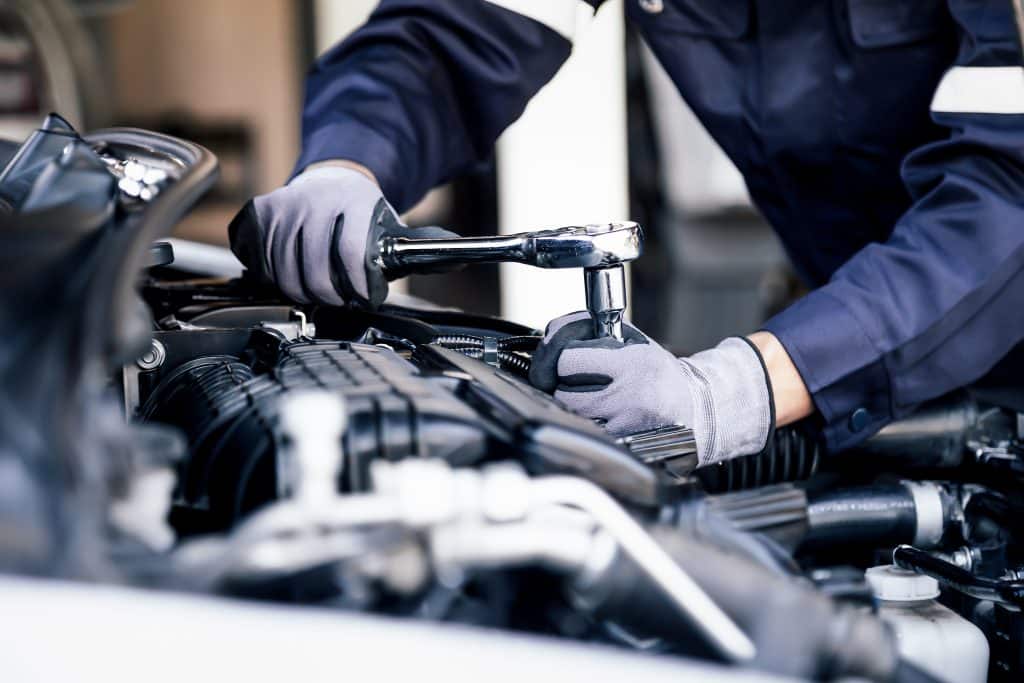California Lemon Law and “Reasonable Opportunity to Repair”
Norman Taylor & Associates
December 17, 2024

Are you dealing with persistent vehicle problems and wondering how many times you have to let the dealership try to repair it before you can take action under California’s Lemon Law? It all comes down to what counts as a “reasonable number of repair attempts.”
At Norman Taylor & Associates, we’ve handled over 12,000 lemon law cases with a 98% success rate. We’re here to help you understand your rights and the next steps if your vehicle qualifies as a lemon.
Key Takeaways:
- A manufacturer or dealership must be given a reasonable opportunity to repair a defect before legal action can be taken.
- In many states, including California, this requirement is generally met after four attempts to fix the same issue.
- Each visit to the dealership for a defect counts as a repair attempt.
What Does Reasonable Opportunities to Repair Mean?
Under the California Lemon Law, a “reasonable opportunity to repair” means giving the manufacturer or dealership a fair chance to fix a defect before you can take legal action. If your car has a defect, it doesn’t automatically mean it’s a lemon; the law gives manufacturers a chance to repair the issue first.
Here’s a breakdown of what counts as a reasonable opportunity:
- Number of Repair Attempts: You generally need to give the manufacturer a certain number of attempts to fix the problem.
- The Severity of the Defect: More serious issues might need fewer repair attempts to qualify as a lemon car.
- Duration of Repairs: The total time your vehicle spends in the shop matters, too.
What Is a Reasonable Number of Repairs?
In many states, including California, four attempts for the same issues are generally considered enough. For serious safety risks like brake failure, even fewer attempts might be reasonable.
Before lemon laws, manufacturers often insisted on more changes to fix a car, even after dozens of failed attempts. Now, consumers have clearer guidelines on when they can seek legal help.
If you’re unsure whether your car qualifies, contact a lemon lawyer to discuss your options. We can help determine if you have a lemon on your hands.
How Long Can a Dealership Hold Your Car for Repair in California?
As mentioned above, California’s Lemon Law doesn’t just cover repeated issues — it also applies if your car spends too much time in the shop. If your vehicle has been in the repair shop for a total of 30 days or more, even if the days aren’t consecutive, it might qualify as a lemon.
Key things to know:
- Cumulative Days Count: As mentioned above, the 30 days can add up over time, not just all at once.
- Multiple Problems Qualify: It doesn’t have to be the same issue. A car can qualify as a lemon if different defects keep it in the shop for extended periods, even if they’re fixed each time.
For example, imagine you take your car in for a two-week transmission repair, get it back, and then later need another two-week fix for power steering. Even though the dealership resolved both problems, the car was out of commission for 30 days, which could mean it’s a lemon.
What Counts as a Repair Attempt?
Every time you take your car to the dealership for a defect, it counts as a repair attempt, even if they don’t fix anything. In our firm’s opinion, just bringing the car in for an inspection is enough to be considered an attempt.
That said, this is where things get tricky. Manufacturers might argue about what qualifies as an “attempt,” so it’s important to keep detailed records of every visit. These records can make all the difference if you decide to file a lemon law claim.
Where you take your car for repairs if you think it’s a lemon is also very important — we recommend taking it to the manufacturer’s dealership.
Manufacturers Like to Disagree
Manufacturers often argue over the number of attempts or the validity of certain visits. For example, they might say a visit only counts as a repair attempt if actual work was done. So, if a dealership inspects your car but doesn’t fix anything, they may not count it as an attempt, even if you’ve been there multiple times.
However, all your repair visits count, regardless of whether the dealership does any work. As a vehicle owner, your only responsibility is to give the manufacturer an opportunity to repair the defect. If they don’t take you up on that, that’s not your fault.
Do You Think Your Car Is a Lemon? Connect With Our California Firm Today!
Have you taken your 2021 or newer car in for repair multiple times, but the dealership can’t fix it? The best course of action for any consumer who suspects they have a lemon is to contact a qualified lemon law attorney right away!
Call 818-244-3905 or contact Norman Taylor & Associates today to schedule your free consultation.
Schedule my consultation✓ Content checked by the lemon law attorneys at Norman Taylor & Associates

